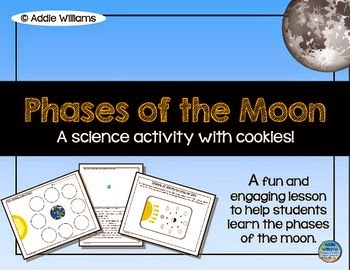This week I read:
1. The Orphan Train by Christina Baker Kline
I enjoyed this story that linked history to the present. As a reader, you were able to follow the parallel stories of a foster child and an elderly lady, who had been an orphan from the past who was shipped west on the orphan train. I do think they could have developed Molly's character (the foster child) more. Molly learns about Vivian's story by helping her clean out her attic and ends up doing an oral history project on her for a school project. This book definitely made me want to incorporate more oral histories into my classroom. Oral histories could offer a great day to give students opportunities to think like historians.
2. Asylum by Madeleine Roux
I wanted to read this book because I enjoyed Miss Peregrine's Home for Peculiar Children. I have been very intrigued with the idea of photo text ever since I read Wright Morris' The Home Place for a class during my Master's degree. I love the idea of juxtaposing photography with a fictional story to see how the visual and the verbal narratives interact. Miss Peregrine's Home for Peculiar Children is a much more successful photo text than Asylum. Asylum has an interesting concept for a plot and was an easy read, but the story is very flat with not much development of the characters. The main character goes away to a summer college prep program for high school students. The students are housed in an old mental asylum turned dorm. It turns into a somewhat suspenseful mystery.
3. Shadow and Bone by Leigh Bardugo
I am almost done listening to Shadow and Bone on audio. This book I am actually really enjoying. I generally enjoy plots that are fantasy but use historical settings you recognize. The setting of this story is a historical Russia that is war-torn but magic plays an important role. An orphan girl finds out she has a long dormant power and could be the secret to saving the world. She is swept away to the palace where she finds herself in the middle of politics. I always enjoy fantasy stories with history, magic, and a little bit of romance. I look forward to reading the next one when I finish this one.
Any good summer reads you recommend?

















